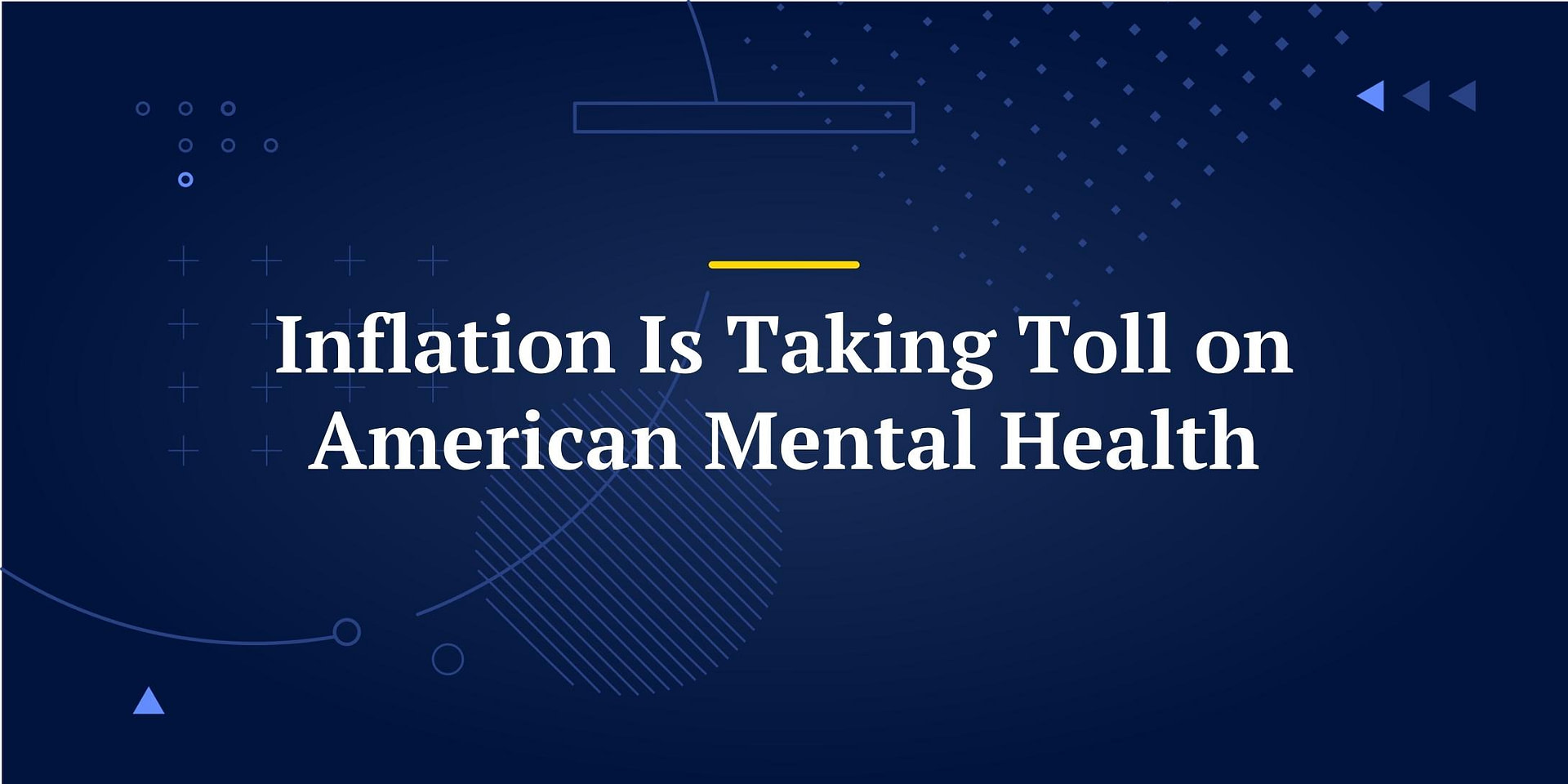Many respondents selected more than one answer. Most people were directly concerned with basic necessities:
- 40.67% were concerned with paying bills,
- 30.86% were worried about being able to buy food,
- 29.24% were stressed over buying fuel for a car,
- 29.76% were troubled over housing costs (paying the rent or mortgage),
- 33.7% cited credit card debt as a source of stress.
There were distinct differences in the specific causes for concern among different income groups.
51.35% of those earning under $50,000 worried about paying bills, while 40.52% of those earning over $150,000 were stressed over investment losses.
Across all income groups, though, 20% to 35% worried about paying for fuel for the car, 25% to 40% worried about credit card debt, and 30% to 35% were affected by rising interest rates.
There was less variation by age group, though respondents over 60 were somewhat less concerned overall (22.51% selected “none of the above”, more than any other group) and most likely to be concerned over investment losses.
Overall, while older respondents and those with higher incomes expressed lower levels of stress, the levels reported were still quite high.
Are Americans Cutting Back on Coping Mechanisms?
Americans are more aware of mental health than ever before, and they have embraced a variety of responses, from therapy and medication to exercise and meditation. Many of these responses require money, adding additional financial stress.
We wondered if inflation was forcing Americans to reduce their spending on maintaining both mental and physical health, so we asked.


